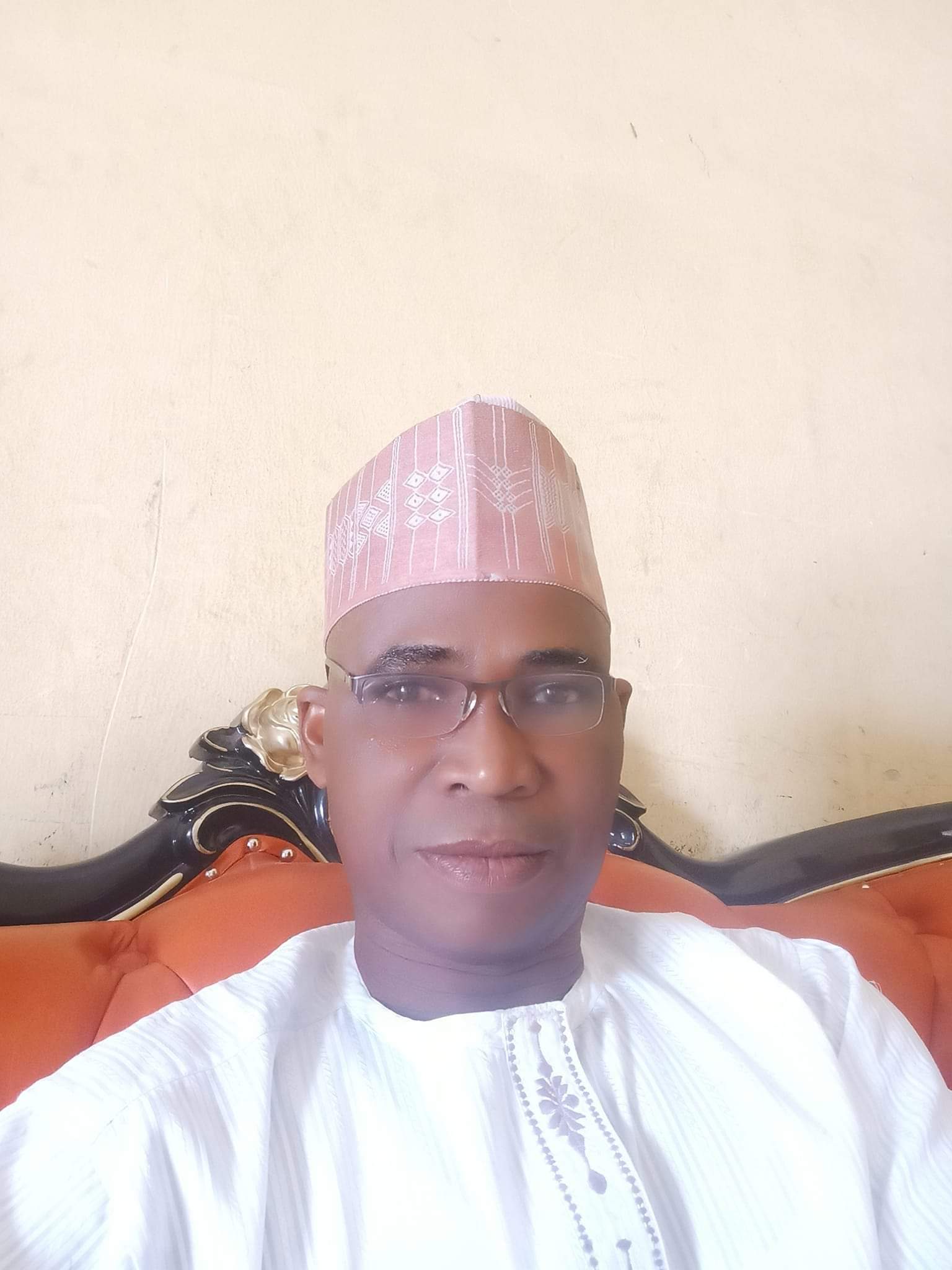Opinion
Ensuring Fair Distribution Of Palliatives to All Nigerians: A Call For Inclusive Governance (1), By Bala Salihu Dawakin kudu

|
Getting your Trinity Audio player ready...
|
Ensuring Fair Distribution of Palliatives to All Nigerians: A Call for Inclusive Governance. ( 1 ), by Bala Salihu Dawakin kudu
In recent times, the Federal Government of Nigeria has taken commendable steps to alleviate the suffering of its citizens through the distribution of palliatives, including essential items such as foodstuffs and fertilizers. These initiatives are designed to cushion the effects of economic hardships and ensure that all Nigerians have access to basic necessities. However, the process of distributing these palliatives has come under scrutiny due to concerns about political bias, particularly the perceived prioritization of ruling party members over those of opposition parties in various states.
In Nigeria’s complex political landscape, states are often governed by different political parties, which can lead to tensions and competition between the ruling party and opposition factions. This political diversity, while healthy for democracy, can sometimes result in the marginalization of certain groups, particularly when it comes to the distribution of government resources. To ensure fairness and equity, it is crucial that the distribution of palliatives is conducted in a manner that transcends political affiliations and benefits all citizens, regardless of the party in power in their respective states.
The Current Scenario: Political Bias in Distribution
One of the most pressing issues with the current distribution system is the tendency for palliatives to be allocated disproportionately to members of the ruling party in a given state. For example, in a state where the All Progressives Congress (APC) is the ruling party, such as Kaduna, there are often reports that palliatives are distributed primarily to APC members, with little or no consideration given to members of opposition parties such as the People’s Democratic Party (PDP) or the New Nigeria Peoples Party (NNPP). Similarly, in Kano, where the NNPP is the ruling party, APC members may find themselves excluded from the distribution process.
This practice not only undermines the principles of fairness and equity but also erodes public trust in the government. When citizens perceive that government resources are being used as a tool for political patronage, it can lead to increased political polarization and disenchantment with the democratic process. Furthermore, it exacerbates the challenges faced by already vulnerable populations, who may be excluded from receiving essential support simply because of their political affiliations.
Proposed Solution: An Inclusive and Equitable Distribution System
To address these concerns, it is imperative that the Federal Government adopts a more inclusive and transparent approach to the distribution of palliatives. One potential solution is to implement a system where palliatives are allocated not only to members of the ruling party in each state but also to members of the opposition. This can be achieved by considering the strength and presence of opposition parties in each state and ensuring that they receive a fair share of the resources.
For instance, in a state like Kaduna, where the APC is the ruling party, palliatives should be distributed in a manner that also benefits members of the PDP, the second strongest party in the state. Similarly, in Kano, where the NNPP is the ruling party, the APC should be included in the distribution process. This approach would ensure that citizens who align with opposition parties are not left out, promoting a sense of fairness and inclusivity.
Moreover, the distribution process should be overseen by independent bodies, possibly including representatives from civil society organizations and international observers, to ensure transparency and accountability. By involving neutral parties in the process, the government can mitigate the risk of political bias and ensure that palliatives reach those who need them most, regardless of their political affiliations.
Conclusion: A Call for National Unity
In conclusion, the fair distribution of palliatives is not just a matter of policy; it is a matter of justice and equity. As Nigeria continues to navigate its complex political landscape, it is essential that the government prioritizes the well-being of all its citizens, regardless of their political affiliations. By adopting an inclusive approach to the distribution of palliatives, the Federal Government can help to bridge the divide between ruling and opposition parties, fostering a sense of national unity and ensuring that all Nigerians have access to the support they need during these challenging times.
The proposed solution of distributing palliatives to both ruling and opposition parties in each state is a step in the right direction. It not only addresses the issue of political bias but also promotes a more inclusive and equitable society. Ultimately, the goal should be to build a Nigeria where every citizen, regardless of political affiliation, has equal access to the resources and opportunities necessary to lead a dignified life.
Drafted by Hon. Bala Salihu Dawakin kudu Director General Progressive Amalgamation of Northern Nigeria (PANN). Phone number+2348060017934. Email :- balasalihudawakinkudu@gmail.com








